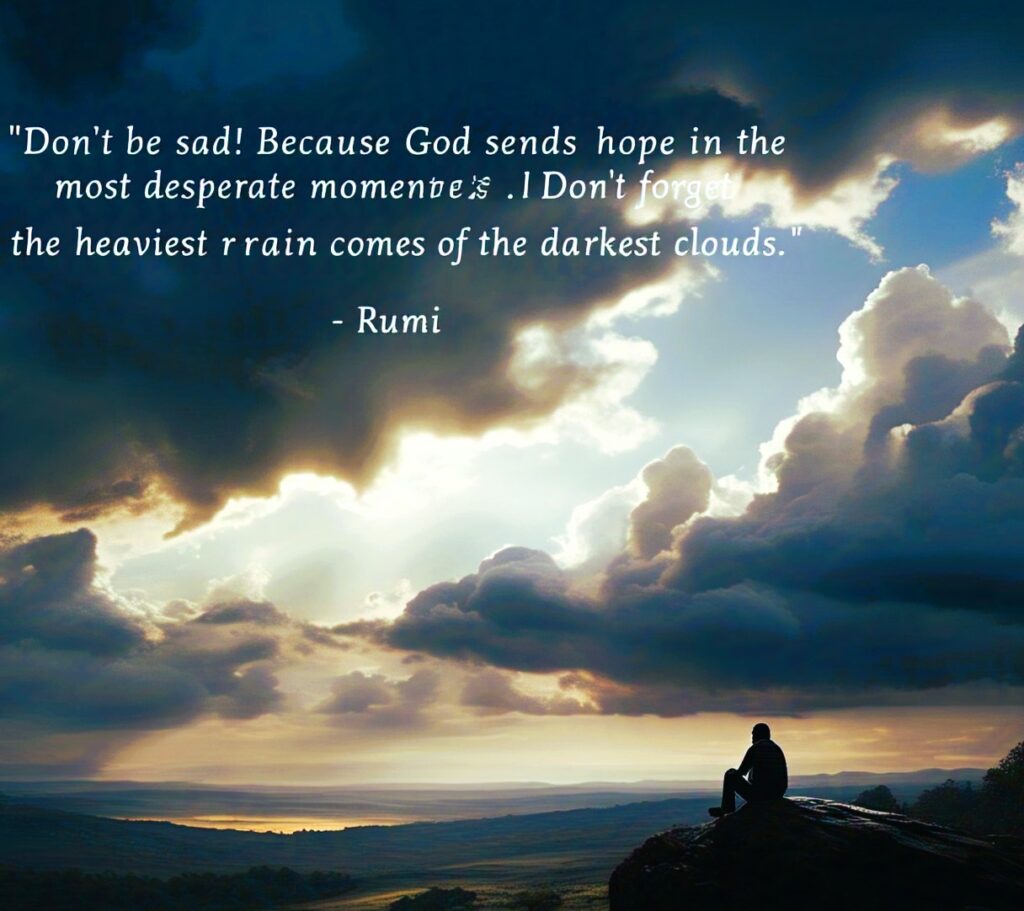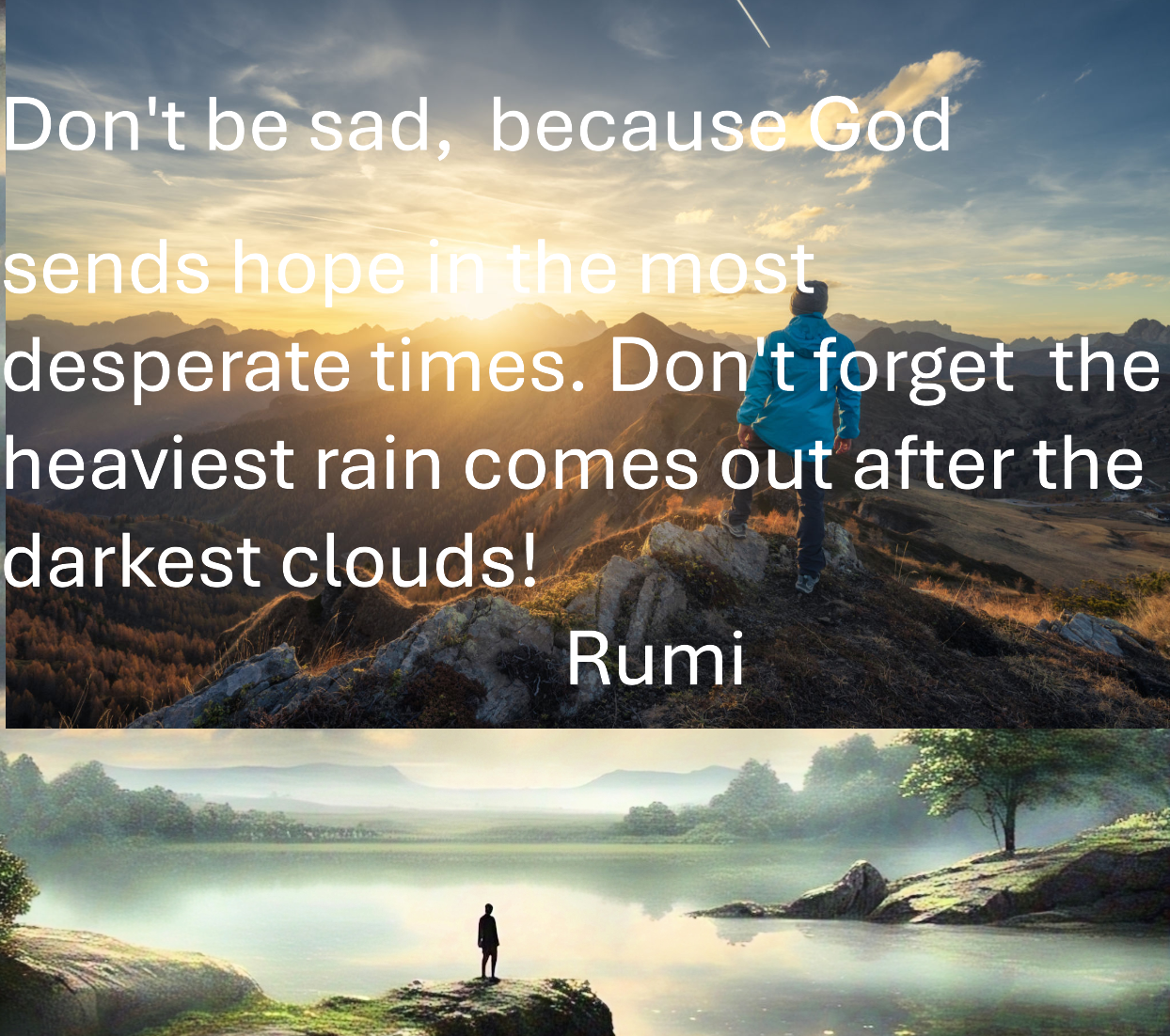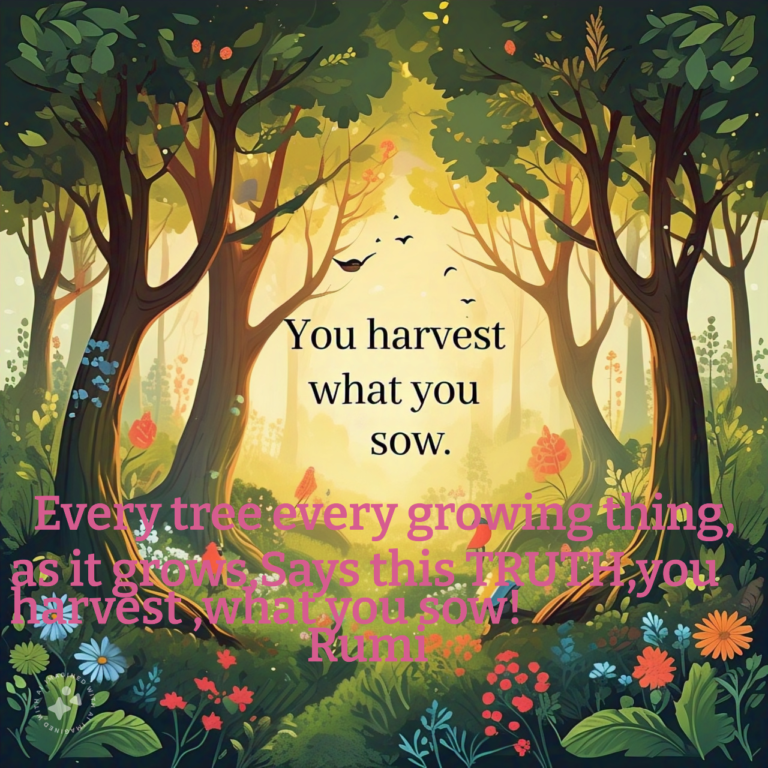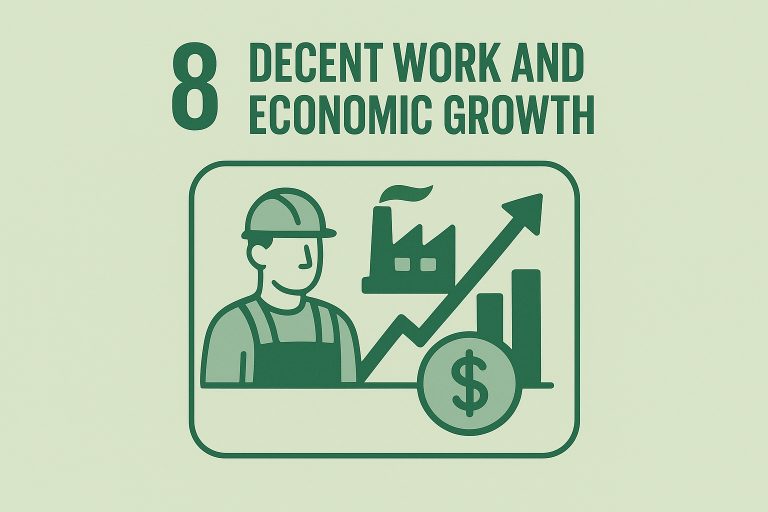“Don’t Be Sad! Because God Sends Hope in the Most Desperate Moments. Don’t Forget, the Heaviest Rain Comes out of The Darkest Clouds.” ~ Rumi
غم نہ کرو! کیونکہ خدا انتہائی مایوس کن لمحوں میں امید بھیجتا ہے۔ مت
بھولنا، سب سے زیادہ بارش سیاہ بادلوں سے ہوتی ہے۔

بھولنا، سب سے زیادہ بارش سیاہ بادلوں سے ہوتی ہے۔
Finding Hope in Desperate Moments
Rumi’s words, “Don’t be sad! Because God sends hope in the most desperate moments. Don’t forget, the heaviest rain comes out of the darkest clouds.” remind us that even in the darkest times, hope is always available. says,
غم نہ کرو! کیونکہ خدا انتہائی مایوس کن لمحوں میں امید بھیجتا ہے۔ مت بھولنا، سب سے زیادہ بارش سیاہ بادلوں سے ہوتی ہے۔
Hope in Difficult Times
Life can be tough. We face problems and feel sad. But Rumi tells us not to give up. He says God sends hope when we need it most. This means that even when things seem bad, something good can happen.
The Power of Hope
Hope is a powerful feeling. It helps us keep going when things are tough. It reminds us that better times are ahead. Rumi’s words teach us to look for hope even when we feel sad or desperate.
Learning from Nature
Rumi uses a natural example to make his point. He says the heaviest rain comes from the darkest clouds. This means that even though the clouds look bad, they can bring much-needed rain. In the same way, our difficult times can lead to better things.
Staying Positive
So, what can we do when we feel sad or desperate? We can remember Rumi’s words and look for hope. We can think about the good things in our lives and the good things that can happen in the future. We can also talk to friends or family members who can help us feel better.
Conclusion
Rumi’s words are a reminder that hope is always available. Even in the toughest times, we can find hope and keep going. By looking for the good in our lives and remembering that better times are ahead, we can stay positive and find happiness.
مایوس کن لمحوں میں امید کی تلاش
رومی کے الفاظ ہمیں یاد دلاتے ہیں کہ تاریک ترین وقتوں میں بھی امید ہمیشہ دستیاب رہتی ہے۔ وہ کہتا ہے، “غم نہ کرو! کیونکہ خدا انتہائی مایوس کن لمحوں میں امید بھیجتا ہے۔ مت بھولنا، سب سے زیادہ بارش سیاہ بادلوں سے ہوتی ہے۔
مشکل وقت میں امید
زندگی مشکل ہو سکتی ہے۔ ہم مسائل کا سامنا کرتے ہیں اور غمگین محسوس کرتے ہیں۔ لیکن رومی ہمیں کہتا ہے کہ ہمت نہ ہاریں۔ وہ کہتا ہے کہ خدا اُمید بھیجتا ہے جب ہمیں اس کی سب سے زیادہ ضرورت ہوتی ہے۔ اس کا مطلب یہ ہے کہ جب چیزیں بری لگتی ہیں تب بھی کچھ اچھا ہو سکتا ہے۔
امید کی طاقت
امید ایک طاقتور احساس ہے۔ جب چیزیں مشکل ہوتی ہیں تو یہ ہمیں آگے بڑھنے میں مدد کرتا ہے۔ یہ ہمیں یاد دلاتا ہے کہ بہتر وقت آنے والا ہے۔ رومی کے الفاظ ہمیں اس وقت بھی امید تلاش کرنا سکھاتے ہیں جب ہم غمگین یا مایوسی محسوس کرتے ہیں۔
فطرت سے سیکھنا
رومی اپنی بات بنانے کے لیے فطری مثال استعمال کرتے ہیں۔ ان کا کہنا ہے کہ سب سے زیادہ بارش سیاہ ترین بادلوں سے ہوتی ہے۔ اس کا مطلب یہ ہے کہ اگرچہ بادل برے نظر آتے ہیں، وہ بہت زیادہ ضروری بارش لا سکتے ہیں۔ اسی طرح ہمارے مشکل وقت بہتر چیزوں کی طرف لے جا سکتے ہیں۔
مثبت رہنا
تو، جب ہم اداس یا مایوسی محسوس کرتے ہیں تو ہم کیا کر سکتے ہیں؟ ہم رومی کے الفاظ کو یاد کر سکتے ہیں اور امید کی تلاش کر سکتے ہیں۔ ہم اپنی زندگی میں اچھی چیزوں اور مستقبل میں ہونے والی اچھی چیزوں کے بارے میں سوچ سکتے ہیں۔ ہم دوستوں یا خاندان کے ممبران سے بھی بات کر سکتے ہیں جو ہمیں بہتر محسوس کرنے میں مدد کر سکتے ہیں۔
نتیجہ
رومی کے الفاظ ایک یاد دہانی ہیں کہ امید ہمیشہ دستیاب رہتی ہے۔ مشکل ترین وقتوں میں بھی، ہم امید پا سکتے ہیں اور آگے بڑھ سکتے ہیں۔ اپنی زندگی میں اچھائیوں کو تلاش کرنے اور یہ یاد رکھنے سے کہ بہتر وقت آنے والا ہے، ہم مثبت رہ سکتے ہیں اور خوشی حاصل کر سکتے ہیں۔
Jalāl al-Dīn Muḥammad Rūmī (Persian: جلالالدین محمّد رومی), or simply Rumi (30 September 1207 – 17 December 1273), was a 13th-century poet, Hanafi faqih (jurist), Islamic scholar, Maturidi theologian (mutakallim),[9] and Sufi mystic originally from Greater Khorasan in Greater Iran.[10][11]
One of The Marvels of The World 2024: The Sight of a Soul Sitting in Prison With the Key in Its Hand


